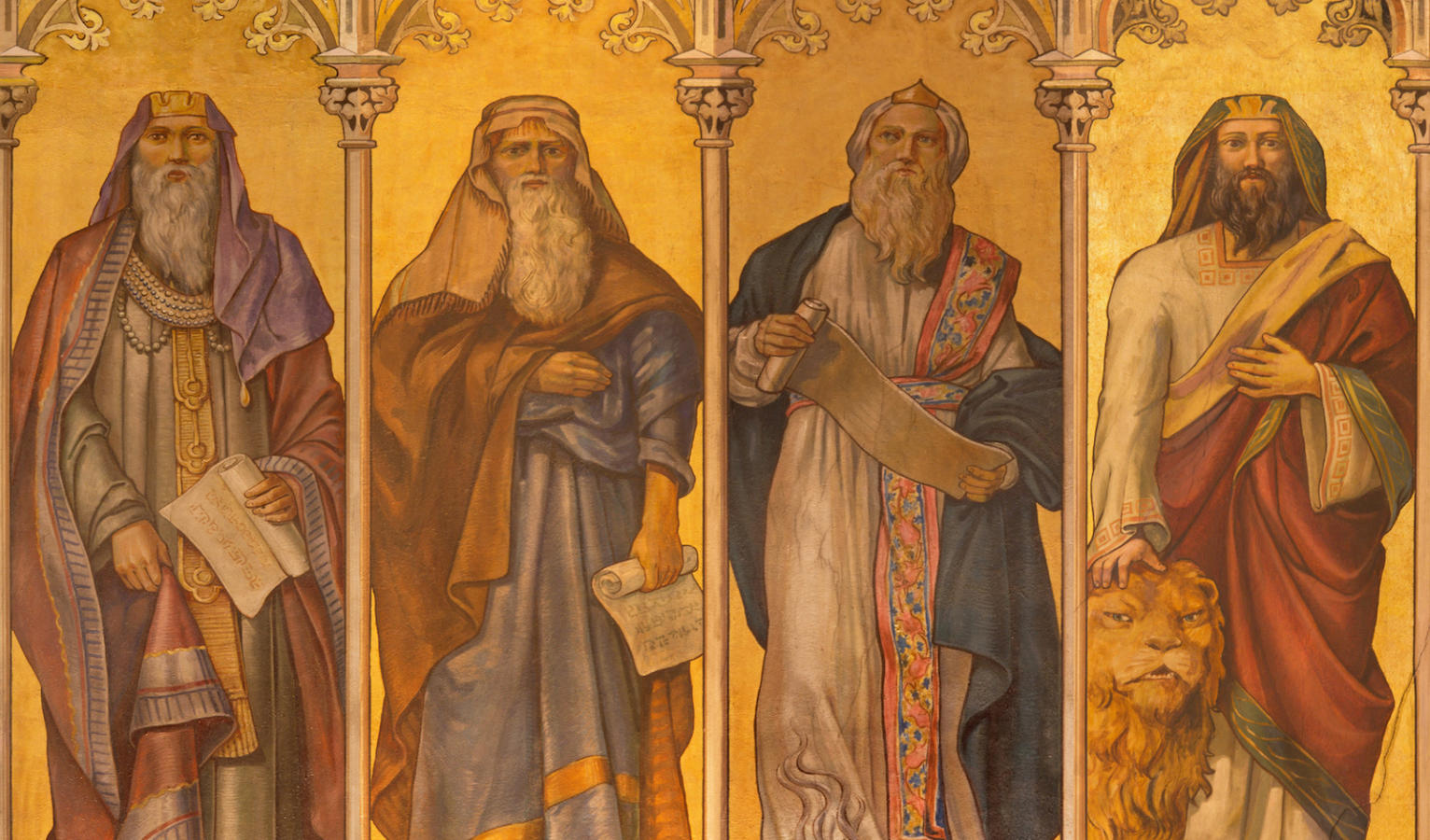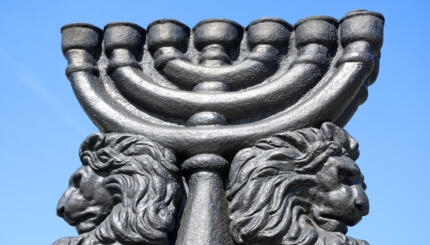Commentary on Parashat Tzav, Leviticus 6:1-8:36
This Haftarah selection from the book of Jeremiah is a foreboding prophecy of destruction. It opens with an expression of God’s frustration with the Israelites’ sacrifices: “Add your burnt offerings to your other sacrifices and eat the meat!” (Jeremiah 7:21) According to Jeremiah, what God really wants is for Israel to follow His ways and observe His commandments–not just to offer sacrifices devoid of meaning. Yet, the stubborn people refuse to obey.
Jeremiah claims that the people of Israel have been sinning since the day that God delivered them from slavery in Egypt. God sent countless prophets to urge them to repent, but this was to no avail: “They would not listen to Me or give ear. They stiffened their necks, they acted worse than their fathers” (Jeremiah 7:26).
Through Jeremiah, God instructs the people to engage in mourning practices–such as shear their hair and lament in the hills–because God has cast them off. What is the reason for God’s anger? Israel’s idolatrous ways. They have placed idols in God’s Temple and built shrines for child sacrifice in Topheth and the Valley of Ben-Hinnom.
God warns that punishment will be meted out in these same places of sin. The Valley of Ben-Hinnom will be renamed the Valley of Slaughter, and abandoned corpses will fill Topheth, where they will become food for birds and animals. In an inversion of the oft-quoted (and oft-sung) verse about happy, prosperous times in Jerusalem, Jeremiah promises: “I will silence in the towns of Judah and the streets of Jerusalem the sound of mirth and gladness, the voice of bridegroom and bride” (Jeremiah 7:34).

Help us keep Jewish knowledge accessible to millions of people around the world.
Your donation to My Jewish Learning fuels endless journeys of Jewish discovery. With your help, My Jewish Learning can continue to provide nonstop opportunities for learning, connection and growth.
A Punishment Worse Than Death
Jeremiah continues to describe how the Israelites’ corpses will be desecrated. The bones of the kings of Judah, its officers, priests, prophets, and all its inhabitants will be unearthed and exposed to the elements. But the worst suffering will be saved for the living: “Death shall be preferable to life for all that are left of this wicked folk” (Jeremiah 8:3).
It is common at the end of negative haftarot, such as this one, to add a few uplifting verses at the end, to not leave the reader with a disparaging view of God. This week, after hearing about the destruction in store for the Israelites, we flip to the next chapter of Jeremiah and read poetic words about devotion to God and God’s goodness:
Let not the wise man glory in his wisdom;
Let not the strong man glory in his strength;
Let not the rich man glory in his riches.
But only in this should one glory:
In his earnest devotion to Me. (Jeremiah 9:22-23)
God acts with kindness, justice, and equity, Jeremiah adds. These are his true delight.
Connection to Parashat Tzav
In Parashat Tzav, we read the laws of numerous sacrifices, and learn about how to choose animals for an offering, how to prepare them, and who can eat which parts of a sacrifice under different circumstances. Though the portion emphasizes the centrality of animal sacrifice as a means of worship, the haftarah reminds us that animal sacrifice is but a means to attain closeness to God–not God’s ultimate desire.



